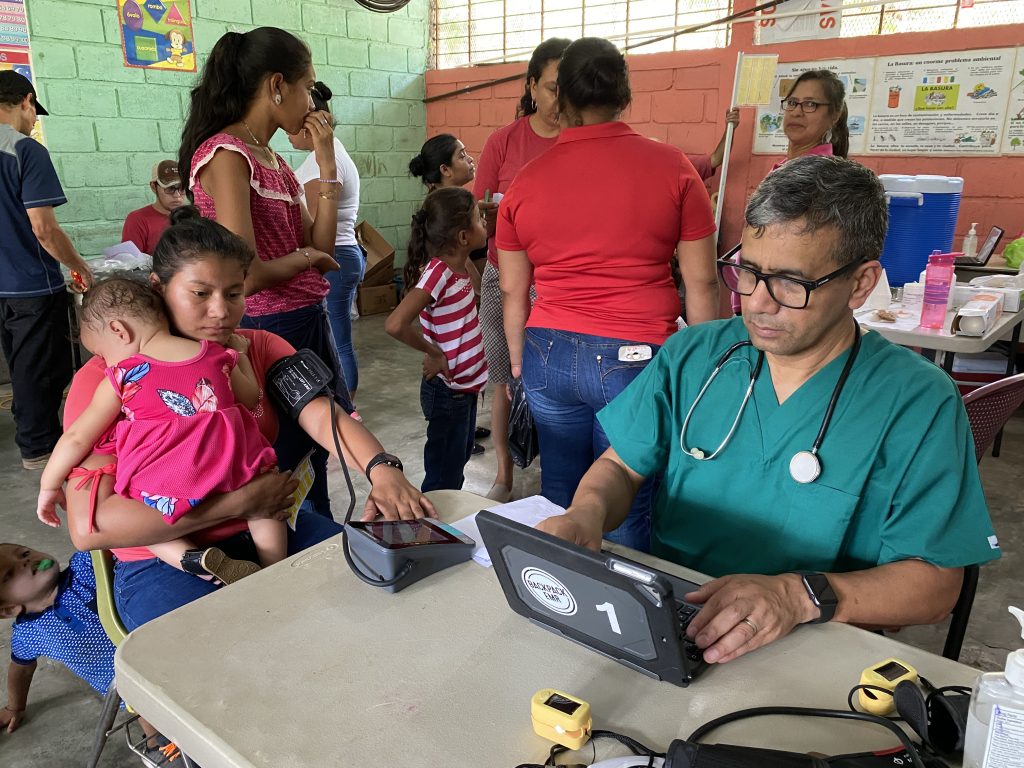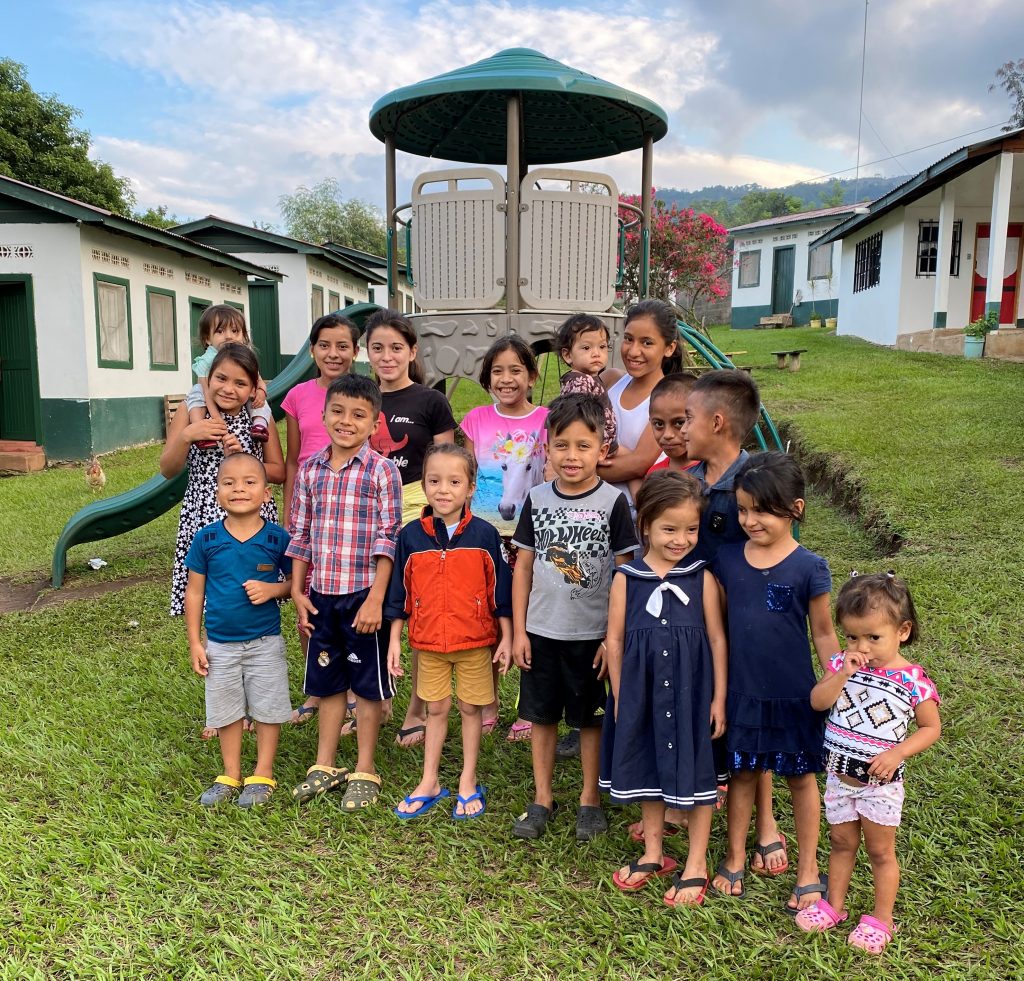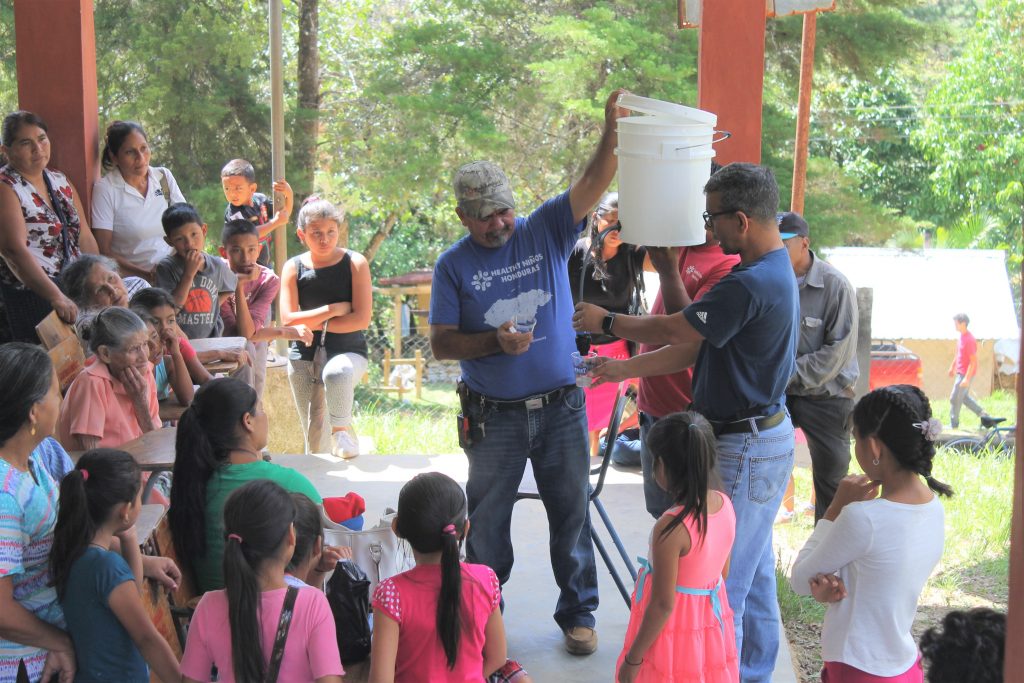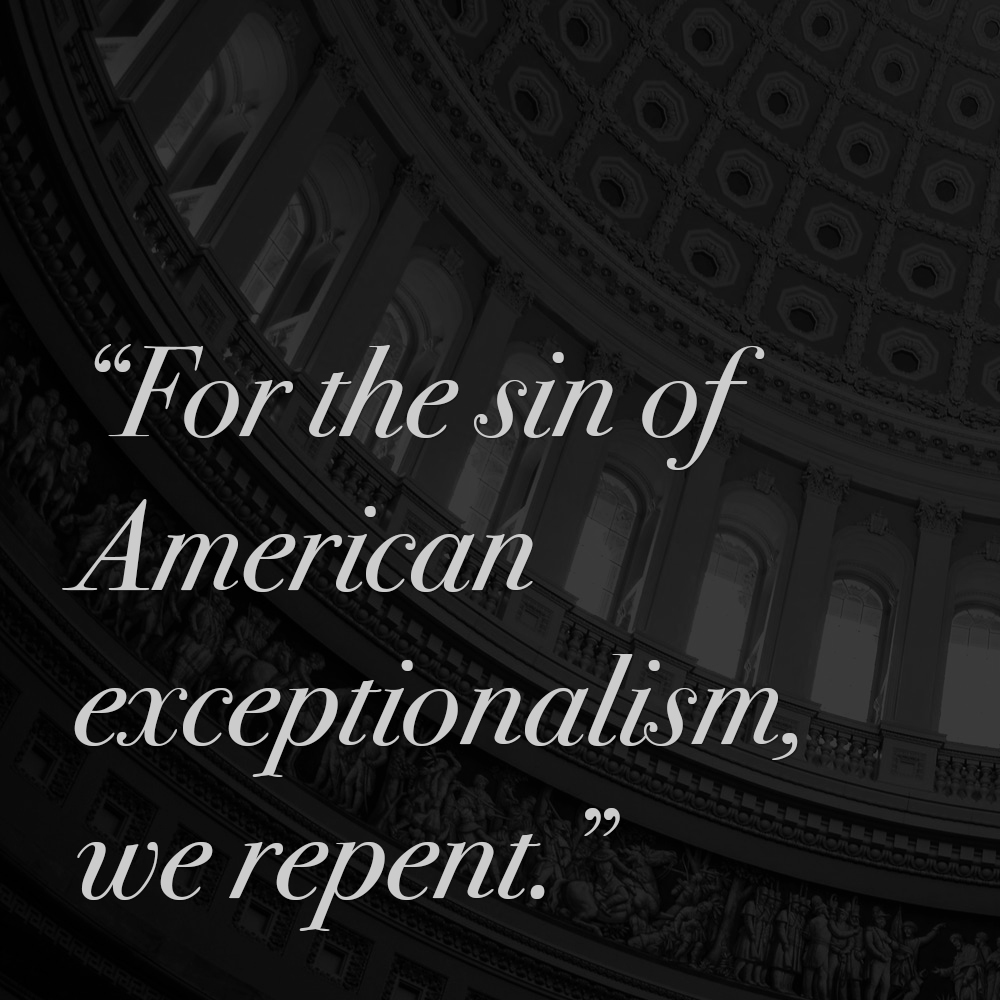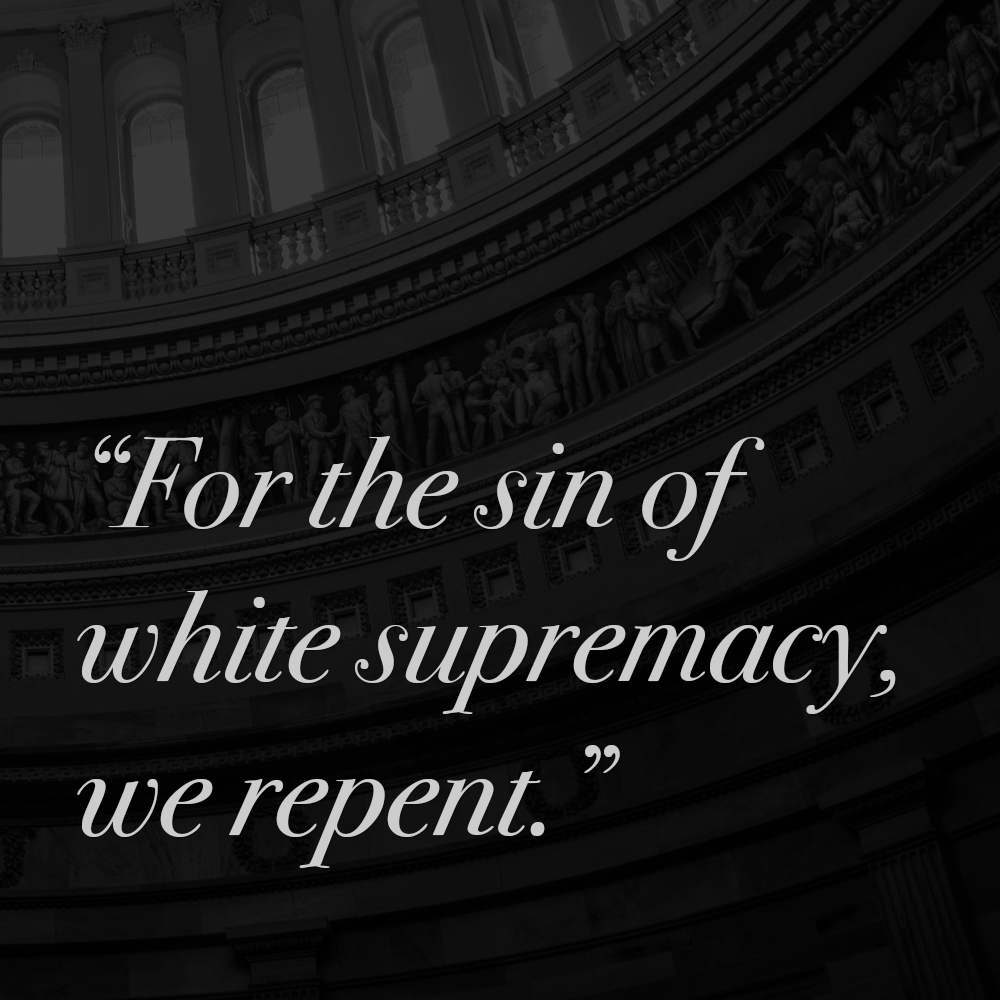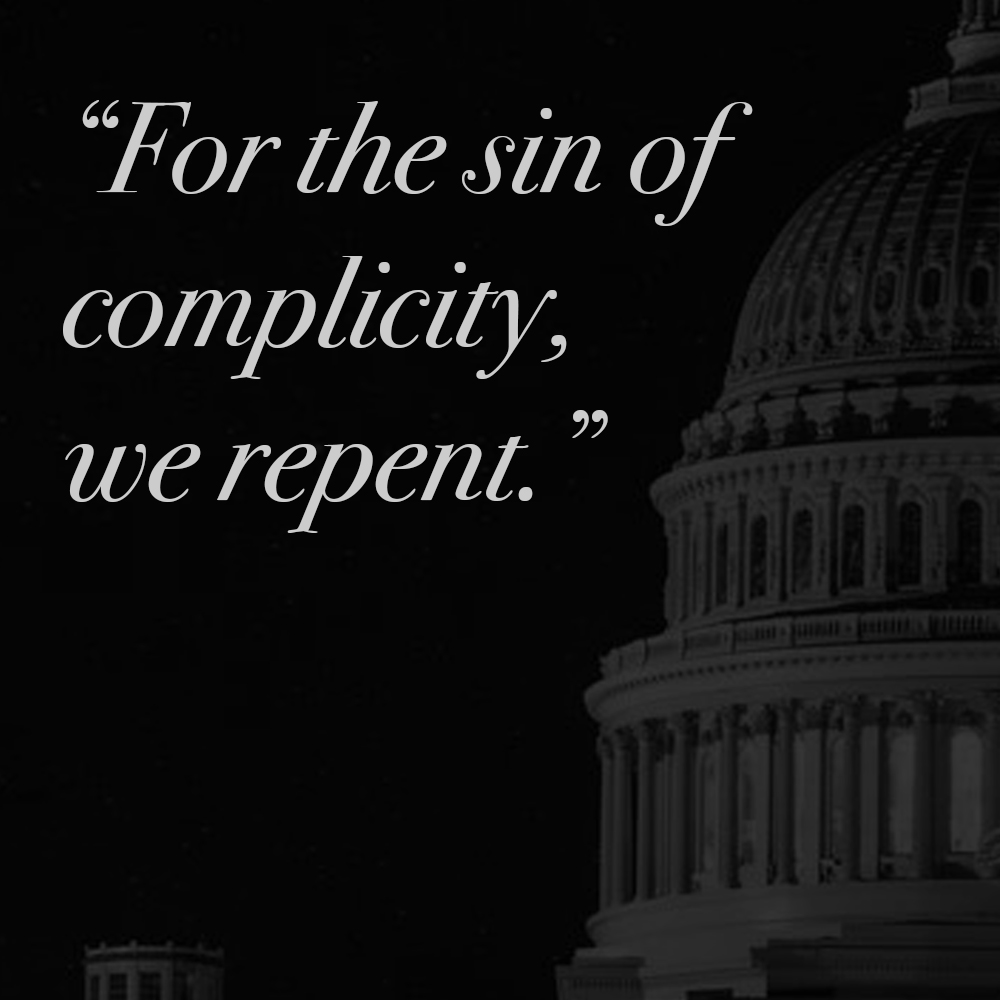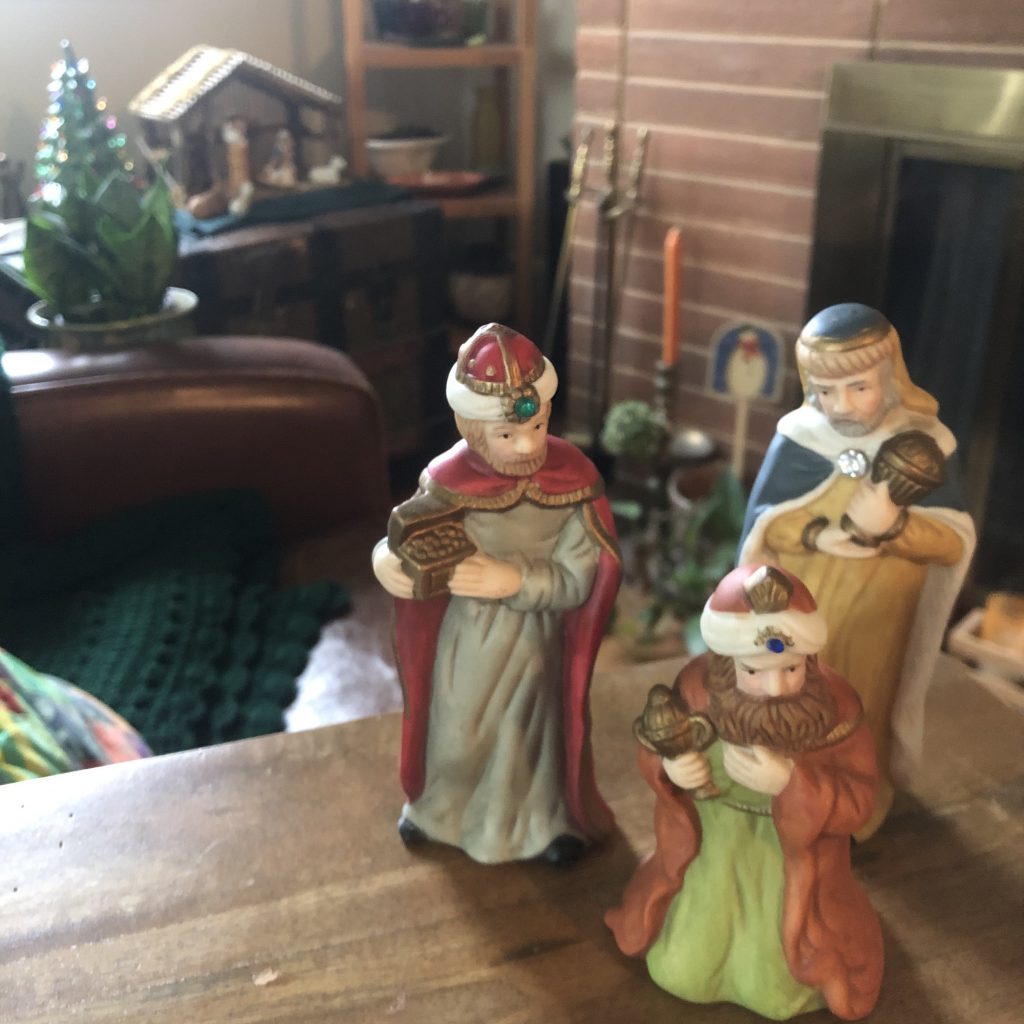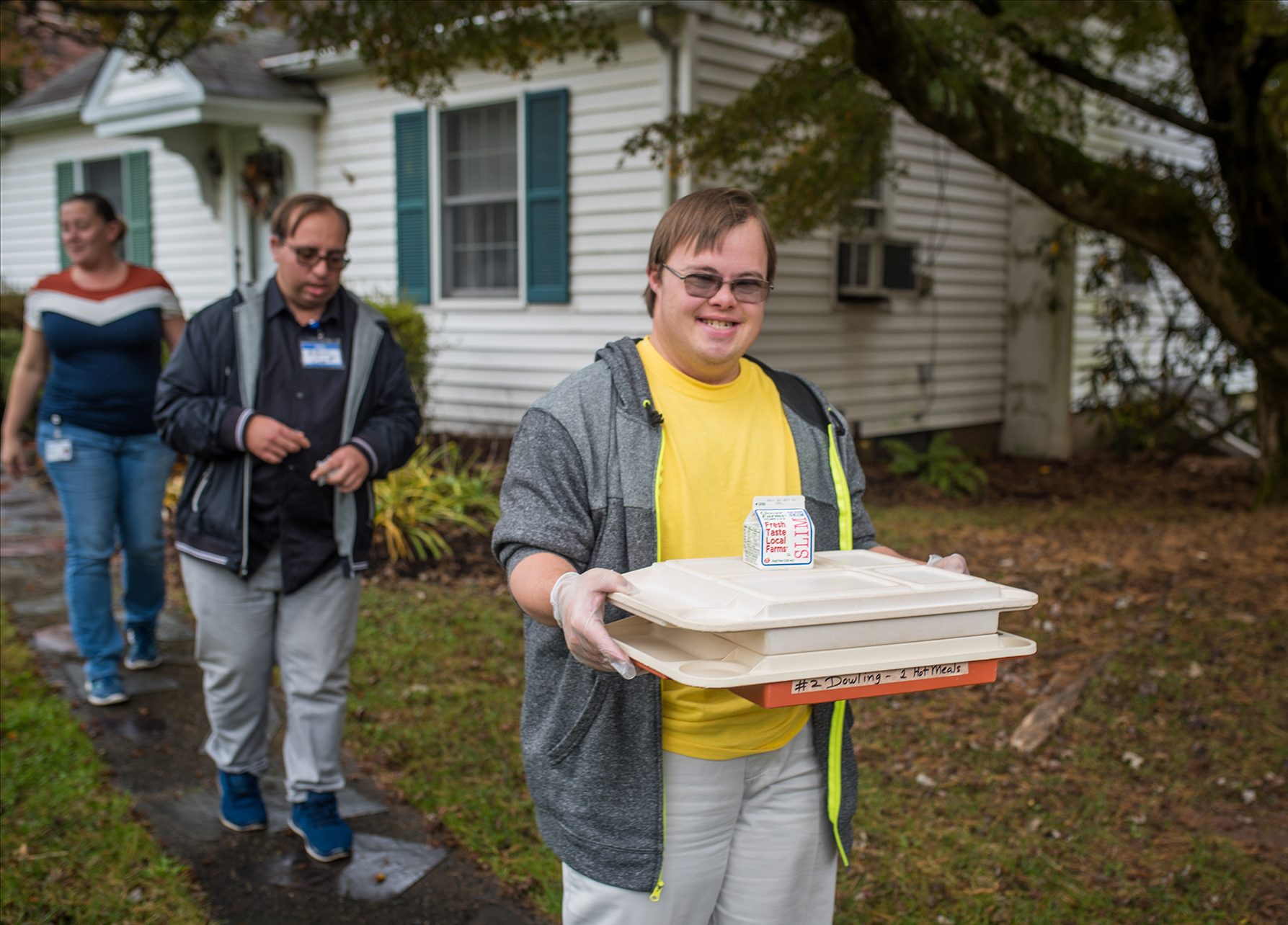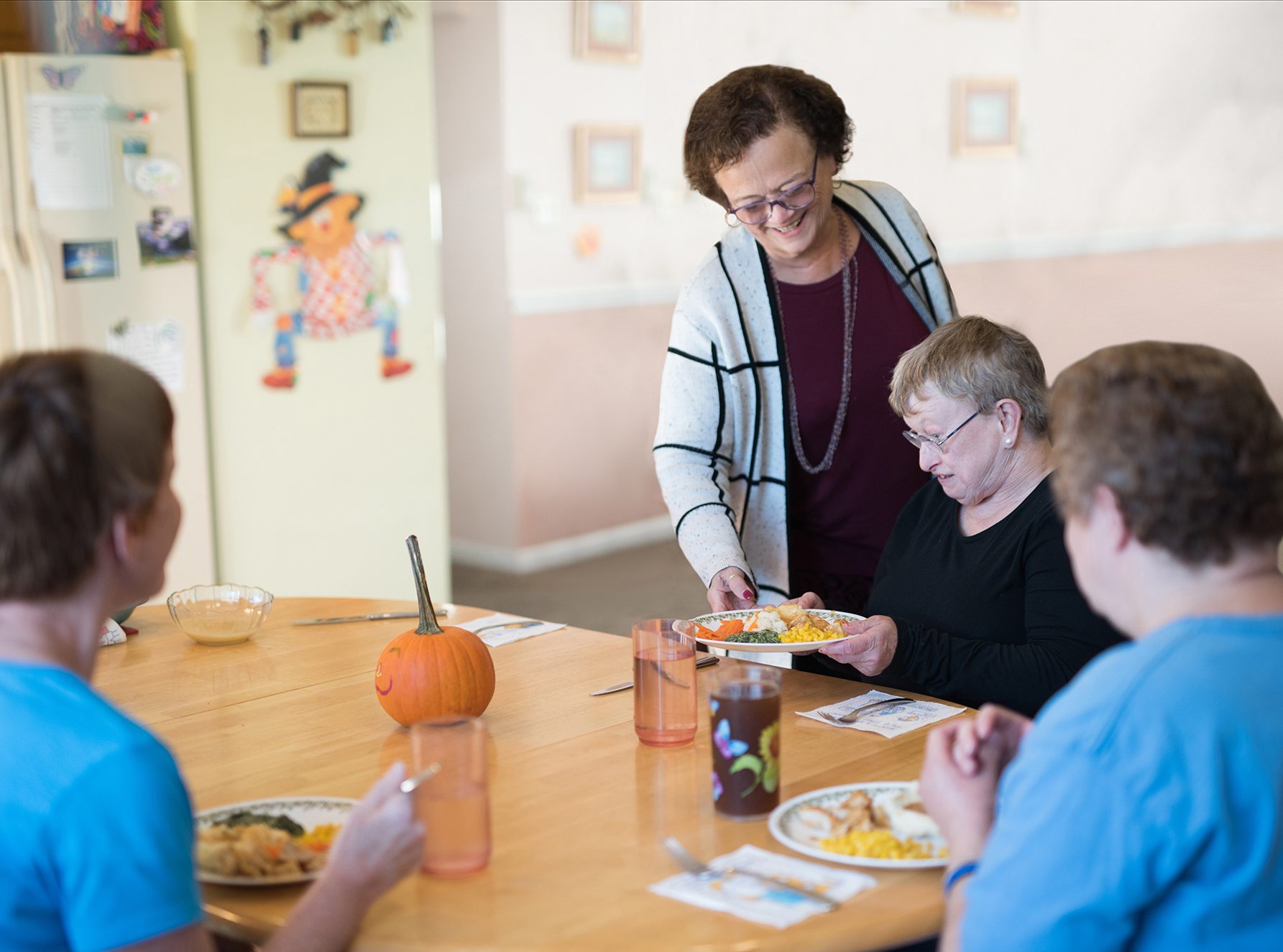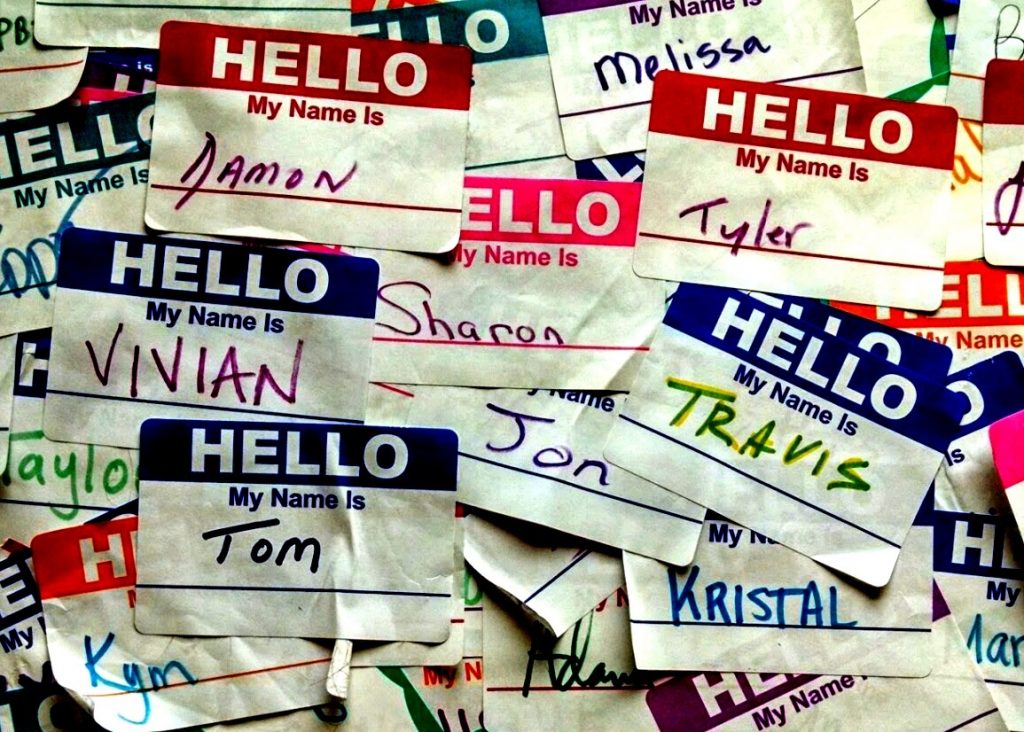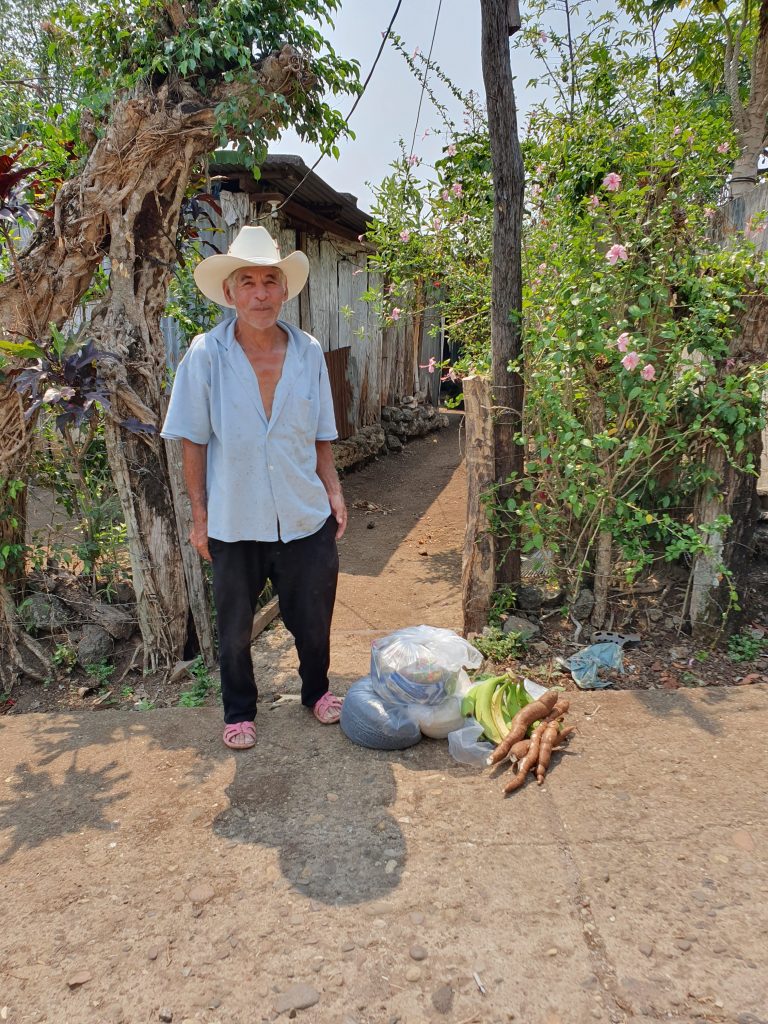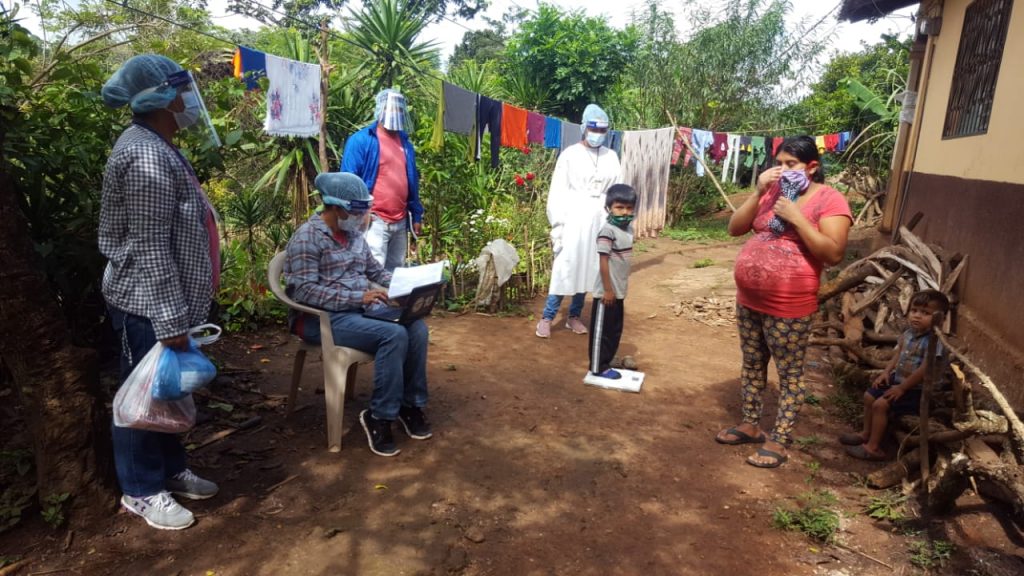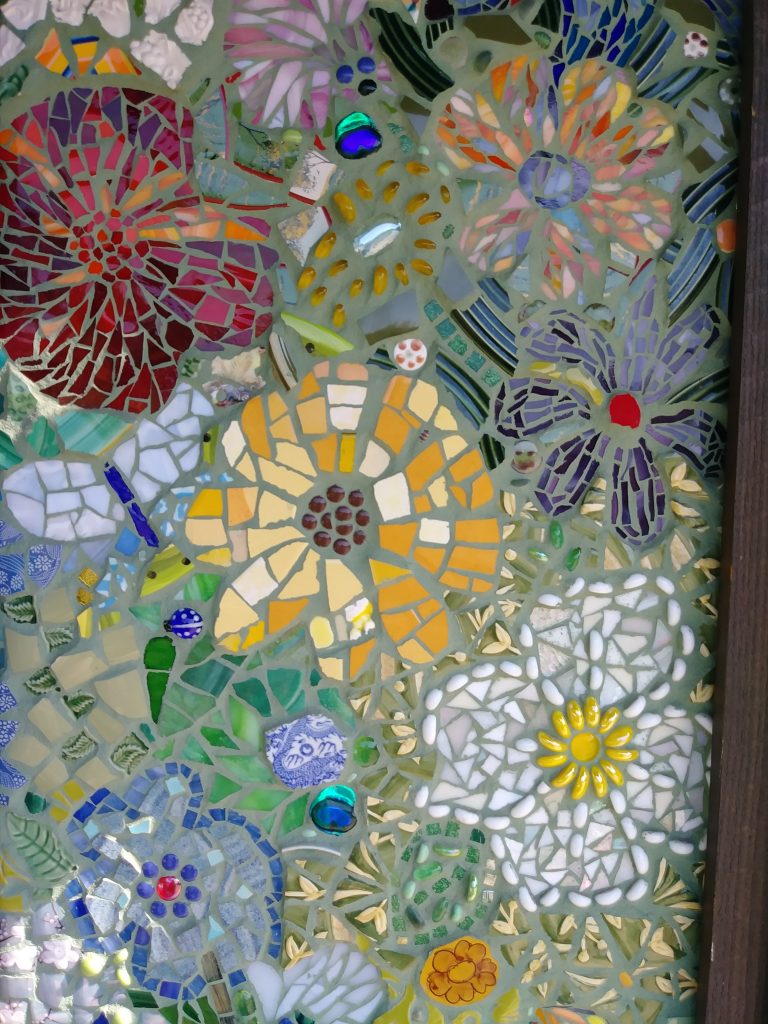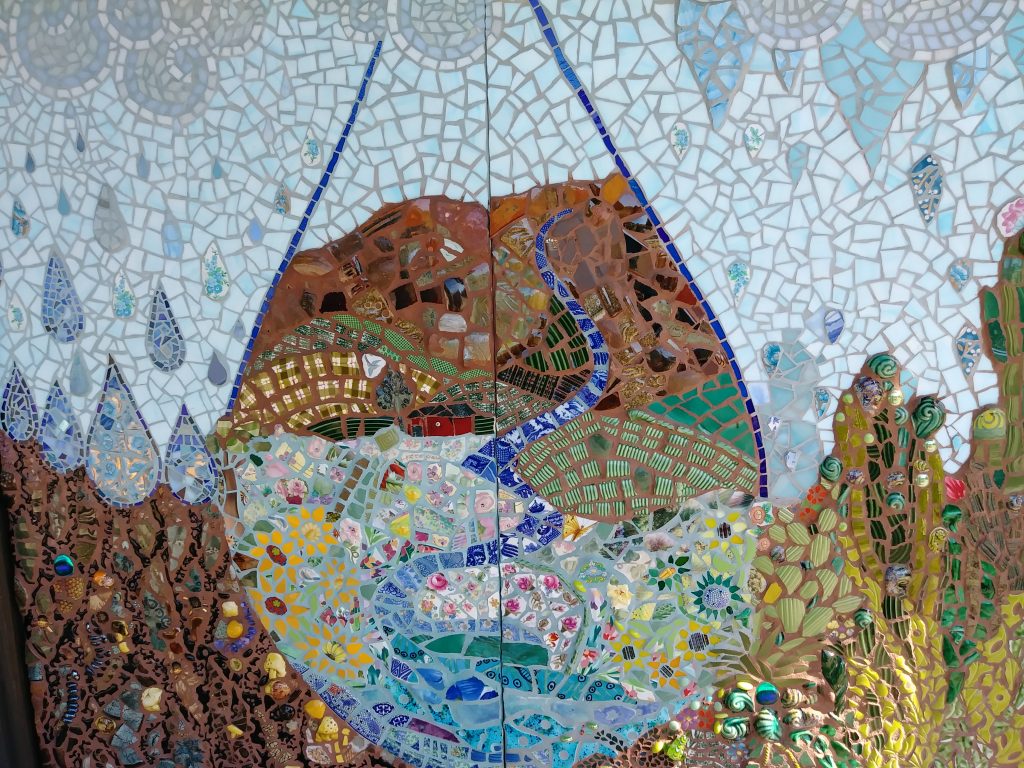Doylestown (PA) Mennonite Church’s theme for 2021 is “Look instead for what God can do,” based on John 9. Pastor Randy Heacock shared the words of encouragement he wrote last week to his congregation, in response to the attack on the Capitol in Washington, DC.
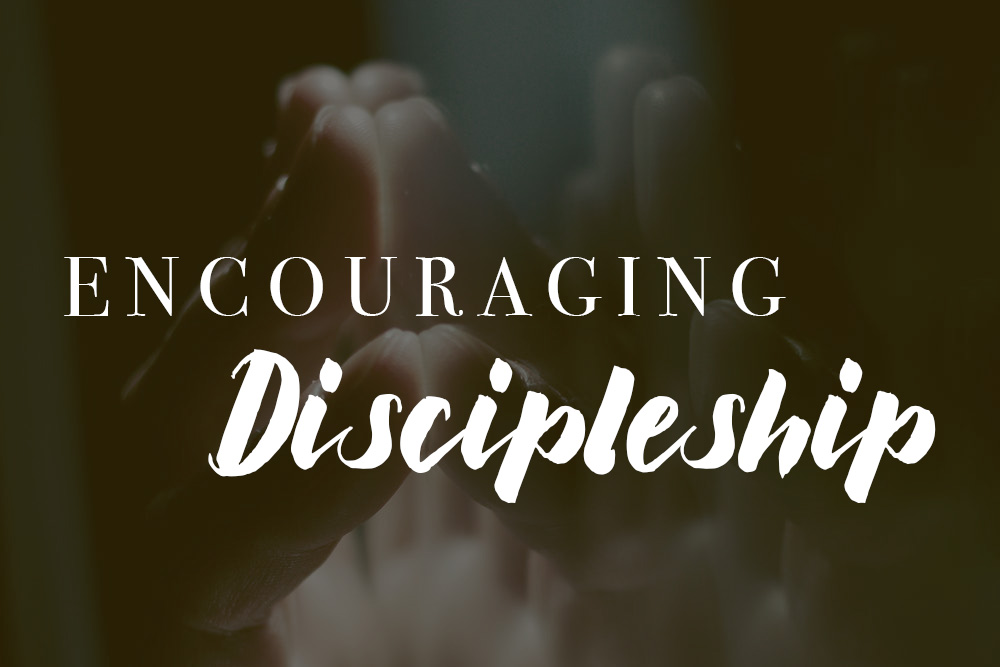
January 7, 2021
I found it difficult to sleep last night. Yesterday was perhaps the most disturbing day in my life as a citizen of the United States. I was too young to really feel the impact of the Kennedy assassination as well as that of Dr. Martin Luther King. September 11, 2001 was certainly a low point.
I do not want to relive the details of yesterday, but to see a political protest, led by our elected president, turn violent, disrupt the work of our congress, and threaten the safety of our nation’s capital causes me to be afraid, outraged, and disappointed. If not entirely, it was predominantly led by people who share my skin color and probably some who would claim to share my faith.
As I prayed, my mind went to our newly introduced theme for 2021, “Look instead for what God can do.” I am more convinced than ever of our need to both learn and practice this very thing. Just yesterday I wrote these words of encouragement to my congregation:
January 6, 2021
For the remainder of this month, I invite us to practice focusing on those things that are worthy of praise. Perhaps the first place to start is to stop listening to and giving our attention to things that are not worthy of praise. Last I checked radios, televisions, computers, cell phones, and all electronic devices have “off” buttons.
I suggest we begin the discipline of either turning such things off or at least changing the channel/source when they report things that are not worthy of praise. We will do well to turn off any source such as news feeds, radio personalities, political pundits, or even Christian media, which do not encourage trust in God and love for others.
What if we assessed the sources we daily tune in to by Paul’s test of being pure, honorable, commendable, and worthy of praise? Are we willing to turn such things off? Are we even aware how much of what we take in on a daily basis is not commendable, not pure, and not worthy of praise.
In order to prepare our hearts and minds to look instead for what God can do, let us take the first step by making room for those things that are worthy of praise. It is not a matter of letting the two compete or discerning which side has more to offer but rather what it is that we give our energy and time.
May we be surprised what God can do in us when we turn off those sources that are not worthy?
Please join me in praying that we, as the people of God, will learn to look instead for what God can do. May we be diligent to turn off all sources that are not pure or worthy of praise. May we guard our own thoughts and conversations to focus on that which is pure, commendable, true, and worthy of praise.
Let us humble ourselves so that we can see what God can do!
Pastor Randy

